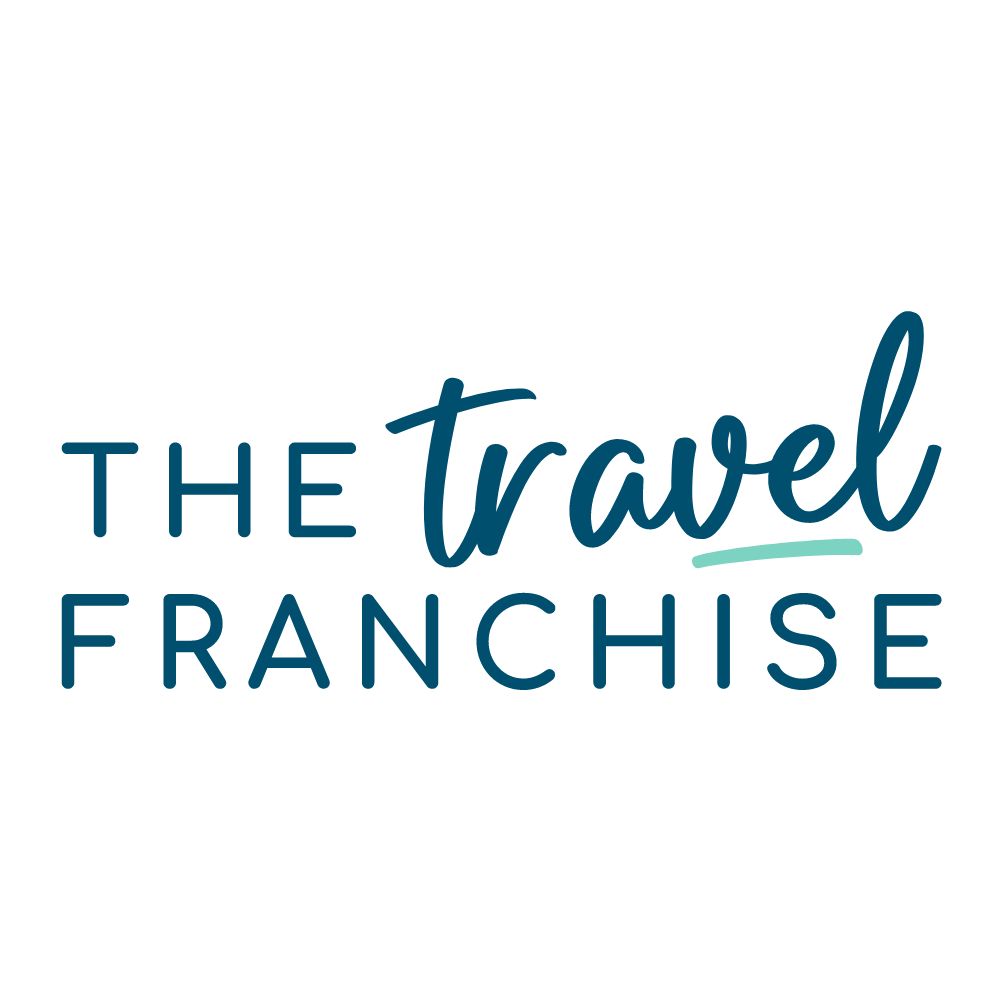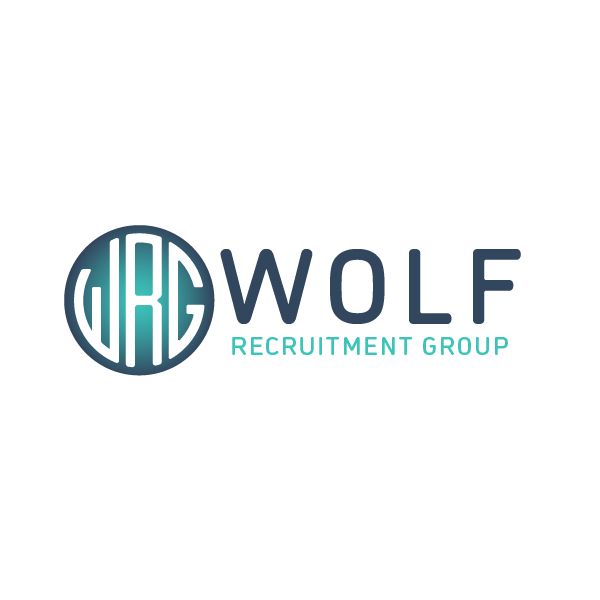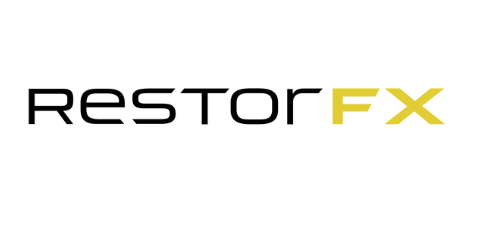Franchising a business can be one of the most effective ways to expand a brand across the UK and even beyond. It offers the ability to scale quickly, reduce operational risk, and grow revenues through franchise fees and royalties. However, turning a successful business into a franchise operation comes with financial investment, time commitment, and strategic planning. Many entrepreneurs in the UK begin by asking one simple but vital question: how much does it cost to franchise my business?
There is no one-size-fits-all answer, but there are clear categories of costs that any UK business owner should expect to face. From legal documents and branding to operations manuals and recruitment marketing, the process of becoming a franchisor involves careful financial planning. This guide explores those expenses in detail, helping you understand the investment required to build a robust, scalable, and compliant franchise system in the UK.
Legal Costs and Franchise Agreements
The legal groundwork for franchising in the UK is not regulated by a specific government body, but it is governed by contract law, and a solid legal foundation is essential. One of the core components of franchising is the franchise agreement—a detailed contract that governs the relationship between the franchisor and the franchisee.
This document needs to be carefully drafted to protect your intellectual property, define the terms of the franchise relationship, lay out operational responsibilities, and clarify fee structures. In addition to the franchise agreement, you will also need a legally sound non-disclosure agreement, deposit agreement, and possibly a master licence if you plan to operate overseas.
Hiring a solicitor who specialises in franchise law is strongly recommended. Legal fees in the UK for these services can range from £5,000 to £20,000 depending on the complexity of your model, the number of supporting documents needed, and the experience of your solicitor.
Operations Manual Development
The operations manual is a cornerstone of any franchise system. It must describe how every aspect of the business is to be run—from customer service standards and employee training to supply chain procedures, software usage, pricing models, and health and safety protocols. This document ensures that each franchisee can replicate your business model with the same quality and consistency that has made your original business successful.
Some business owners choose to draft this internally, but most seek the help of a franchise consultant or documentation specialist to ensure the manual is professional, comprehensive, and easily understood. In the UK, this can cost between £4,000 and £15,000 depending on the size of the business and the level of detail required. Larger or more complex business models will typically require more substantial documentation.
Franchise Consultancy Support
While it is possible to franchise a business without using a consultant, many first-time franchisors benefit significantly from working with a UK-based franchise consultant. A consultant can guide you through the entire process—assessing your franchise potential, defining your fee structure, creating a franchisee support system, developing training programmes, and even helping with recruitment.
Consultancy services can be charged hourly, per project, or through fixed packages. A full-service franchise consultancy programme in the UK usually costs between £15,000 and £40,000 depending on the firm, the scope of work, and whether the consultant provides ongoing support after the launch. Some packages may also include branding assistance, training development, and introductions to prospective franchisees.
Branding and Marketing Development
For a franchise brand to attract new partners and build trust with consumers, the visual identity must be polished and professional. If your current branding is inconsistent or lacks impact, you may need to invest in a brand refresh. This includes logo development, brand guidelines, signage templates, social media visuals, and promotional material design.
In addition, franchisors need marketing materials specifically designed to appeal to potential franchisees. These often include a franchise prospectus, franchise landing pages on your website, case studies, introductory videos, and email or social campaigns. Whether you handle this internally or work with an agency, branding and recruitment marketing development in the UK typically ranges from £3,000 to £20,000.
Creating the right materials not only helps generate franchise leads, but also positions your opportunity as credible and investment-worthy. A weak or amateur brand can be a major deterrent to serious prospective franchisees.
Recruitment and Lead Generation
Once your franchise model is built, you need to start attracting franchisees. This can be one of the most expensive parts of the franchising process, particularly in the early stages. Recruitment marketing might include digital advertising, attending franchise exhibitions, listing your opportunity on franchise directories, and PR campaigns.
In the UK, franchise lead generation costs can vary widely depending on the method and channel used. Digital marketing campaigns may cost £1,000 to £5,000 per month, while exhibiting at a major franchise show can run from £3,000 to £10,000 including stand design and promotional materials. Some franchisors also pay commission to third-party brokers or recruitment agencies who help place qualified franchisees, with fees ranging from £5,000 to £10,000 per successful referral.
Franchisee recruitment is not a one-time cost. It requires an ongoing strategy to keep the pipeline of leads flowing, particularly in the early years when brand awareness may still be limited.
Technology and Infrastructure
To support franchisees effectively, franchisors often invest in technology tools that improve communication, training, and performance monitoring. This could include franchise management software, online learning platforms, internal communication tools, or customer relationship management systems.
The cost of technology depends on the platform you choose and the scale of your network. Some systems charge monthly per user, while others involve up-front setup fees or licensing. In the UK, franchisors should budget at least £2,000 to £10,000 for the initial setup of tech infrastructure, with ongoing monthly costs for updates, hosting, and support.
Having the right systems in place makes it easier to onboard franchisees, monitor performance, maintain compliance, and deliver a consistent brand experience. Without strong infrastructure, the franchise can quickly become disorganised as it scales.
Ongoing Support and Training Setup
A responsible franchisor must offer ongoing support to ensure the success of franchisees. Setting up this support function may involve hiring a franchise manager, creating training programmes, and providing resources for operations, marketing, and compliance.
Developing a full training programme may cost between £3,000 and £10,000, especially if it involves creating online modules, workshops, or video content. Hiring support staff is a longer-term investment and should be factored into your financial planning as the franchise network grows.
Budgeting for a Scalable Franchise Future
Franchising a business in the UK is an exciting but resource-intensive journey. While exact figures will depend on the size and complexity of your business, most entrepreneurs should expect to invest between £15,000 and £80,000 to get a franchise model ready for market. These costs cover legal documentation, consultancy, branding, operations manuals, marketing materials, recruitment, training development, and infrastructure setup.
It’s important to remember that this initial investment is just the foundation. Running a franchise requires continuous support, marketing, innovation, and performance management. However, if approached strategically and executed properly, franchising can unlock rapid growth and national recognition for your brand.
Understanding the real cost of franchising prepares you not only for the financial side but also for the long-term commitment that franchising demands. With proper planning, the investment can deliver strong returns, allowing you to scale your vision far beyond your original location.




















































